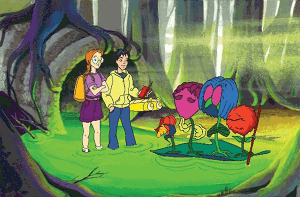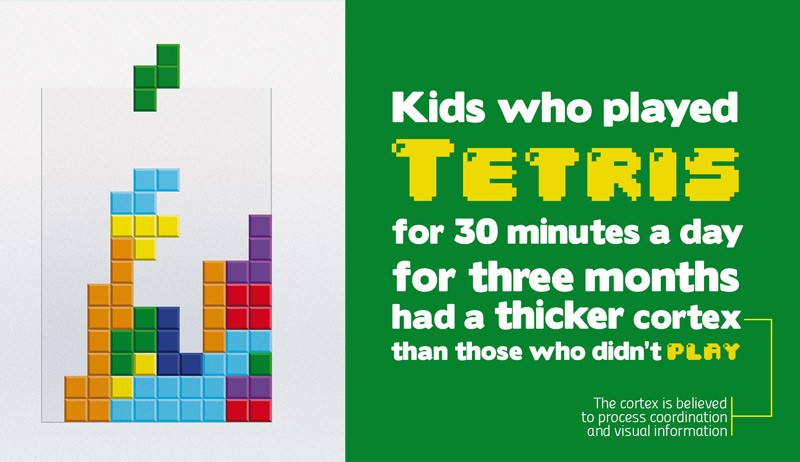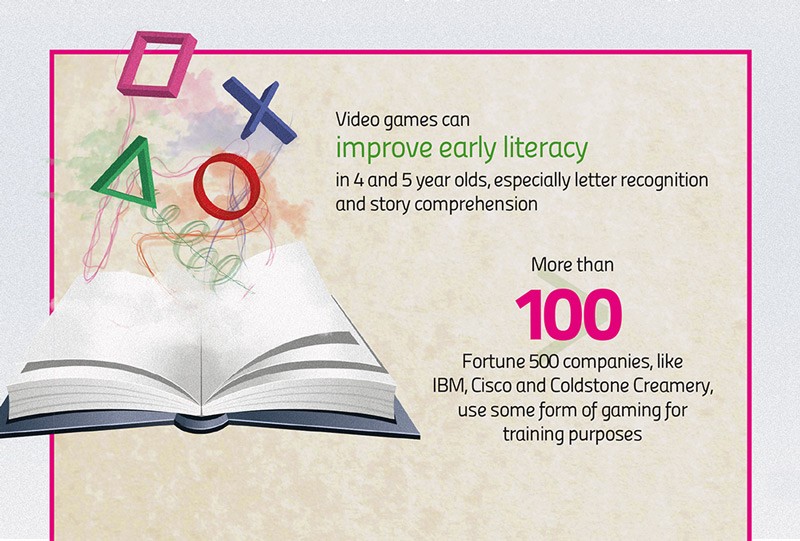Video games make billions as part of the entertainment industry. Parents often view them as a waste of time. Prof. Charles L. Mifsud talks about studies showing their use in education. Cleverer, alert, interested students could be coming to a classroom near you.
Video games can be a cause of concern. Parents worry about the large amount of time their children spend playing games. They fear for their children’s health, academic achievement, and social development. Teachers worry about the increasing competition from enthralling games and other media for their students’ attention. Students are frustrated by the wide gap between their exhilarating experience when playing games and their slow-paced lessons at school.
Video games can be beneficial. There are laparoscopic surgeons who play games to ‘warm-up’ before surgery. Younger, newer radiologists are more accurate in reading mammograms than older, more experienced doctors and some researchers have put this down to keener eyesight gained from playing video games.
Extensive research now shows that video games can teach a multitude of skills. They can help problem solving, language, collaborative and cognitive skills, critical and strategic thinking, multitasking, hand-eye coordination, and parallel processing. They help cultivate new thinking skills, which enable children and teenagers to process information more effectively. Games can help teach skills that the children will require as enterpreneurs in a twenty-first century economy. They encourage creative solutions and adaptations that can be applied to real life situations. As a therapy for young people, video games can help them deal with emotional and behavioural problems.
“Today’s kids are not ADD, they are EOE: Engage Me or Enrage Me” -Kip Leland, Los Angeles Virtual Academy (LAVA)
Furthermore, when children learn to play video games, they are learning a new literacy. Video gaming is a multimodal literacy par excellence. Multimodal literacy extends beyond words and images to include sounds, music, movement, and bodily sensations.
Concerning more traditional forms of literacy like reading and writing, video games improved children’s spelling and reading comprehension by statistically significant levels. Teacher reports claim that students who use video games show improvement in basic literacy skills, writing, and higher-level sentence and question construction.
Research into video games is related to new ideas in literacy. New Literacy Studies argue that reading and writing should be viewed as social and cultural practices with economic, historical, and political implications. “Situated cognition” contends that human learning is not simply what goes on inside people’s heads but is fully embedded in a material, social, and cultural world. Another idea called connectionism considers human beings to be powerful pattern recognisers. People think best when they reason on the basis of patterns they have picked up through their actual physical experiences.
The educational potential of video games
More evidence is showing the positive effects of video games on learning. Gamers are able to alter and change various situations and environments, which in real life would be unalterable. They can view phenomena that are impossible to witness for real, and can observe a changing environment over a span of time.

For learning to be successful, learners need to feel engaged. They must be aware of the value of their role within the whole process and feel that their investment will bring progress and goal achievement. Motivational features that can contribute to effective learning are present in video games. They just need to be exploited by game designers and educators.
Students are more engaged in video gaming when compared to normal schooling, namely in challenges, curiosity, and particularly in independent mastery. Student engagement, learning, discipline, responsibility, increased communication by the students with each other and with teachers, and a meaningful integration of skills can be achieved through the use of video games. They can bring about quicker advancement, enhanced production, and increased confidence. The elements of challenge, reward and success in video games, and peer feedback can contribute towards student enthusiasm and motivation to work successfully in classrooms.
The role of teachers
The use of video games for learning enhances student autonomy. The role of the teacher changes from an instructor to facilitator or guide. Learning moments are created when the teacher makes links between game play and learning concepts. In such situations, students become focused on learning, as they are aware that it may help them in their current game tasks. Use of guided practice and regular debriefing supports learning. Furthermore, teachers take on the role of interpreter, focus on getting the class to think, and make links between what is happening in the game and the main learning aims of the class. Teachers who have a firm grasp of the subject curriculum are able to utilise the games appropriately to achieve their educational objectives, rather than to just increase game familiarity. While in the role of facilitator, teachers need to strike a balance between encouraging open-ended exploration and giving students a certain degree of autonomy. They need to be able to provide specific instructions at teaching intervals, which will direct the students and keep them on the track of exploration, of learning on their own, from their teacher and also from their peers. Although fun is an important element of video games, teachers need to move beyond this and show the students the advantages of using video games to learn.
The Centre for Literacy (University of Malta) has been researching the benefits of video games in learning. Their experimental studies show that when using video games in the classroom, secondary students obtained significant gains in language and literacy when compared to other students who followed their regular programme. These research studies make a claim for teachers to be supported in their endeavours to harness video games as a teaching and learning tool. The role of teachers in this process requires redefinition. The concerns of teachers need to be addressed to help them adopt video games for classroom learning.
The Centre is looking into the attitudes of people towards educational video games. The studies show increased support for video games from students, teachers, and parents. Most students feel that video games can provide them with an opportunity to learn many skills. The majority of teachers believe that students can learn through video games, yet only some of the teachers actually use video games in the class. Most parents believe that educational video games are good tools for classroom learning.
“By adopting game-like learning principles we can redesign our educational system for the modern world”
James Paul Gee, Professor of Literacy Studies, Arizona State University
Areas of concern
Violence and gender are two areas of concern in video gaming.
There does not seem to be a link between games and aggression. None of the current research even remotely suggests video games lead to real-life violence in any predictable way. Some researchers have even argued that video games have beneficial effects, for example some teenagers use violent games as a way to manage anger or as an outlet for lack of control. Many video games do not involve violence.
Like other pop culture forms, video games can depict women in stereotypical ways, but the situation is changing. Many role-playing games now allow players to design their own character with an expanding range of choices. There are more and stronger female characters. After all games reflect our culture, a culture which can be changed. Girls and women are quickly catching up in gaming, though they usually prefer different games.
A Learning Vision
Good video games build learning principles into their design. When young people interact with video games they are learning, and learning in deep ways.
In education, a video games appeal can be advantageous. Educators may need to investigate the game features to identify what captivates the player’s concentration and commitment. These techniques can be adapted to produce learning programmes with a high level of motivation. Parents and teachers can support what children and teenagers are learning by having conversations about games they are interested in.
Find out more
-
Gee, J. P. (2007). What Video Games have to teach us about Learning and Literacy, Palgrave Macmillan, USA
-
Granić, A., Mifsud, C.L., and Ćukušić, M., (2009). Design, implementation and validation of a pedagogical framework for e-Learning in Computers and Education, Elsevier, US.
-
Mifsud, C.L., Vella, R., and Camilleri, L. (2013). Attitudes towards and effects of the use of video games in classroom learning with specific reference to literacy attainment. Research in Education, Vol. 90, Manchester University Press, UK.
-
Prensky, Marc (2006). ‘Don’t Bother Me Mom – I’m Learning!’ How computer and video games are preparing your kids for 21st century success. Paragon House, USA.







Comments are closed for this article!